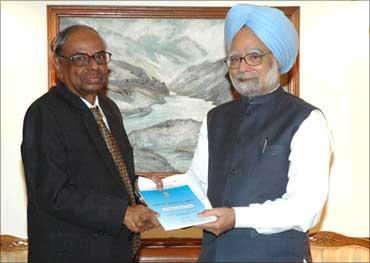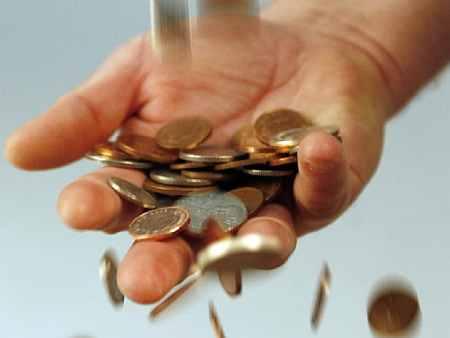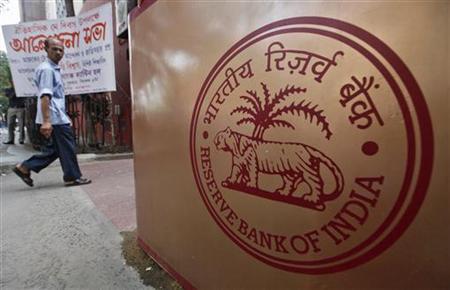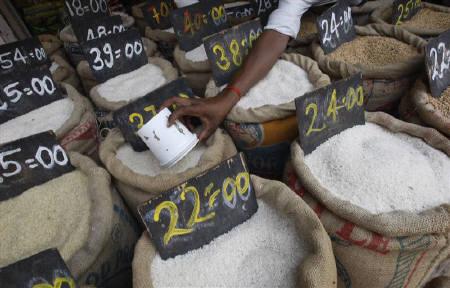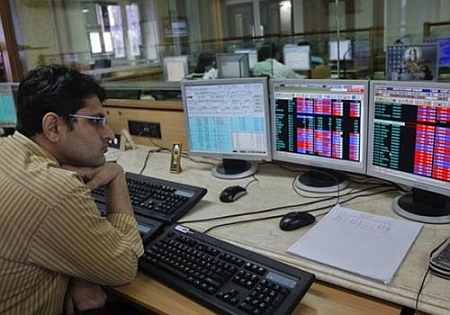 | « Back to article | Print this article |
Why Rangarajan thinks S&P forecast is wrong
Prime Minister's Economic Advisory Council Chairman, C Rangarajan, asserted the country's economic growth would be around 6.7 per cent in this financial year, and the assessment of rating agency Standard & Poor was wrong.
Speaking at the Madras School of Economics he said, "It is a wrong assessment. Our own forecast was 6.7 per cent, that is a shade better than last year.
"I think the growth will pick up in the second half of the year and there are indications for that."
"Also the agricultural performance this year will be better than what was expected a few months back.
Click NEXT to read further. . .
Why Rangarajan thinks S&P forecast is wrong
"The monsoon has turned out to be better. Therefore, I would still think that the growth rate in the current year will be 6.7 per cent," he added.
Speaking about the recent reforms by the government, he said reforms were an ongoing process to sustain high growth rate.
For instance, fiscal correction is needed even after the changes that have been made now, otherwise the fiscal deficit would tend to be high.
"But we need to be work towards a process of fiscal consolidation and that in turn will require adjustment both with resepect to the tax revenue as well as expenditures," he added commenting on the future reform strategy.
Click NEXT to read further. . .
Why Rangarajan thinks S&P forecast is wrong
Some of the measures that have been taken to ease the capital flows would enable the government to finance the current account deficit.
But the current account deficit itself might remain high, though it will come down from 4.2 per cent last year to around 3.5 per cent of the gross domestic production this year.
"This itself will be high. But we need to work towards containing the current account deficit. But in the short run, we should work towards encouraging our capital flow to finance the current account deficit," he said.
Click NEXT to read further. . .
Why Rangarajan thinks S&P forecast is wrong
He further explained the government has to keep a watch on the level of subsidies, and there is a need to try and keep the subsidies at a level which is around two per cent of the GDP, immediately.
While accepting that subsidies are important to support the poorer sections of the community, it must be targeted and appropriately pruned.
Even in the case of diesel, nearly two thirds of the increase in the price of crude oil are being bourned by the government and the upstream oil companies.
Therefore, it is only one third of the increase in the price of crude oil that is being passed on, he said.
Click NEXT to read further. . .
Why Rangarajan thinks S&P forecast is wrong
Plans are to keep the average rate of growth for the next five years at 8.2 per cent and since it is the first year after the target set, the country would see a growth rate of only 6.7 per cent, as per the present estimate.
He also added that while the diesel price increase would increase the wholesale price index and other price indices, over the medium term, the policy of raising the price of diesel is appropriate even from the point of view of containing inflation.
Answering to a question, he said that the committee appointed to study deregulation of the sugar sector in India, would submit its report over the course of next one week or ten days.
